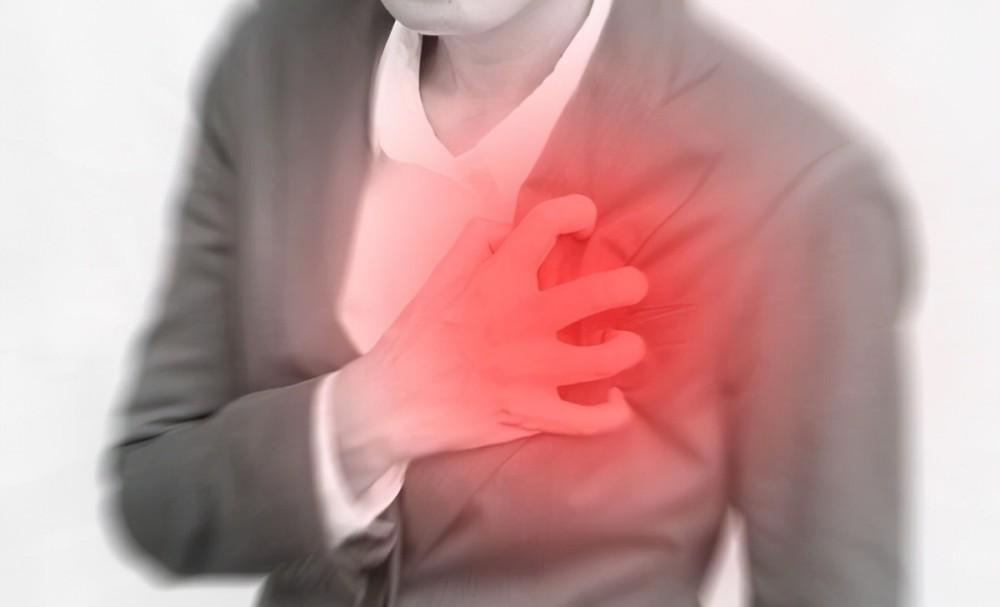For healthy people, the heartbeat has a certain regularity, generally between 60 and 100 beats per minute. However, in daily life, some people's heartbeat will change accordingly, such as too fast or too slow, and there is no sense of rhythm, this phenomenon is called palpitations, also known as panic.

This phenomenon is easy to occur when the amount of exercise is too large or the mood is too tense. But as long as you rest properly and maintain emotional stability, palpitation symptoms will relieve on their own in a short period of time.
If this phenomenon occurs repeatedly, it must be vigilant, most likely related to some disease factors. If these causes are not removed, it will also affect the health of the heart.
What factors can cause recurrent palpitations in the human body?
1. Abnormal blood glucose and blood pressure
For people with low blood sugar, it is easy to have palpitations. Hypoglycemia refers to the phenomenon that glucose levels in the blood plasma are lower than normal.
Once the blood glucose value continues to decrease, it will lead to increased sympathetic excitability, excessive secretion of adrenaline, and repeated palpitations. It will also be accompanied by physical weakness, abnormal sweating, excessive anxiety, repeated dizziness and other manifestations.
If there is an abnormal blood pressure phenomenon, such as high blood pressure, it will lead to the activation of the sympathetic nerve and abnormal cardiovascular spasms. As a result, the heart rate is accelerated, and the blood supply of the coronary arteries will be affected, so that people will have palpitations, palpitations, panic, chest stuffiness and other discomforts.
If you have hypotension, the patient's heart blood supply will also be abnormal, which will cause repeated palpitations, accompanied by dizziness, shortness of breath, fatigue and other symptoms.
2. Hyperthyroidism
Hyperthyroidism refers to hyperthyroidism, a systemic metabolic disease caused by excessive secretion of thyroxine. Once suffering from hyperthyroidism, the patient's nervous excitability will increase, the body's metabolic rate will be accelerated, and it will affect the normal function of various systems such as nerves, digestion, circulation, and cardiovascular.
The heart is strongly stimulated as a result, resulting in a very fast heartbeat. It generally exceeds 100 beats per minute, and arrhythmias such as atrial fibrillation can occur, causing severe palpitations.
3. Myocardial ischemia
Once the coronary artery stenosis is too narrow, it will cause insufficient blood supply and oxygen supply to the heart. Especially for people with hyperlipidemia, hypertension, or thrombosis, atherosclerosis and coronary heart disease, it is easy to have myocardial ischemia.
Due to insufficient blood supply to the heart muscle, the heart muscle will be strongly stimulated, and the pain in the precordial area will occur, accompanied by chest tightness, palpitations, palpitations, palpitations, physical decline, cough, sweating and a series of abnormalities.
If palpitations occasionally occur in daily life, it is generally related to factors such as overexcited emotions, excessive exercise or lack of sleep. However, if this happens repeatedly, and some other discomfort will occur, it is usually due to the above three diseases.
In addition, if there is a serious anemia, it can also cause palpitations, palpitations, palpitations, fatigue, dizziness and other symptoms. Then, when palpitations occur repeatedly, patients must undergo formal examination and receive formal treatment, and do a good job of daily care, in order to effectively alleviate palpitations and maintain their own health.